The Gulf of California is a system where hydrothermal fluids flow through and alter sediment prior to discharge into deep waters. In sediments, fluid flow modulates biological dynamics through changes in carbon loading and electron accepter availability. In the water column, inorganic and organic energy sources are injected into hypoxic deep waters, creating dynamic chemical niches. This project will study how gradients in geochemistry shape and modulate the microbial and viral communities that carry out key biogeochemical reactions in sediments and in the water column of Guaymas and Pescadero Basins. The research will integrate data streams from biogeochemistry, genomics, microbial activity, and microbiology (~single-cell activity) to achieve unprecedented insight into regulatory mechanisms and dynamics. The research team will carry out an expedition on the R/V Atlantis with the deep submergence vehicle ALVIN in 2024 and autonomous underwater vehicle SENTRY. Experiments will be conducted in the laboratory and at sea. Key topics for investigation include: (1) Do variations in geochemical regimes select for metabolically plastic microbial populations? (2) Do different microbes become active under specific geochemical conditions or do the same microbes adapt to changing geochemical conditions? (3) What is the role of viruses in shaping the microbial populations present in highly dynamic hydrothermal habitats?
A hydrothermal flange in the Gulf of California
HOV Alvin in front of a small hydrothermal edifice


